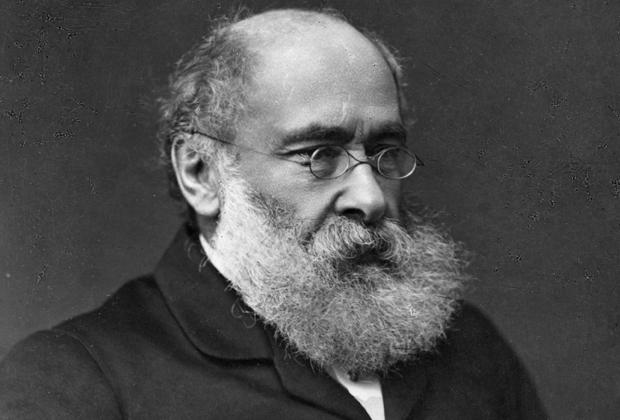
Adam Gopnik’s story on Trollope in the New Yorker touches on
his very Victorian work ethic: he wrote for money, and he wrote to schedule, putting pen to paper from half past five to half past eight every morning and paying a servant an extra fee to roust him up with a cup of coffee. He made a record of exactly how much each of his novels had earned, and efficiency and economy, taken together, got him a reputation as a philistine drudge.
Trollope was, in truth, merely being practical about the problems of writing: three hours a day is all that’s needed to write successfully. Writing is turning time into language, and all good writers have an elaborate, fetishistic relationship to their working hours. Writers talking about time are like painters talking about unprimed canvas and pigments.
Not sure I agree with Gopnik’s three-hour rule. Three hours a day may have been enough for Anthony Trollope to write successfully, but you, alas, are not Anthony Trollope.
It is interesting to think of writing as “turning time into language.” Of course, Gopnik is not saying that’s all writing is. He is making a simpler point about Trollope’s practicality and discipline. (Otherwise the phrase is meaningless: all art forms can be reduced to “turning time into” something — sculpture, music, painting, etc.). Still, it is a useful formulation for writers to keep in mind. Looking back at these monstrously productive Victorians, it is easy for a writer to get psyched out. Better to use Trollope as a daily reminder to turn your time into text, and be done with him.